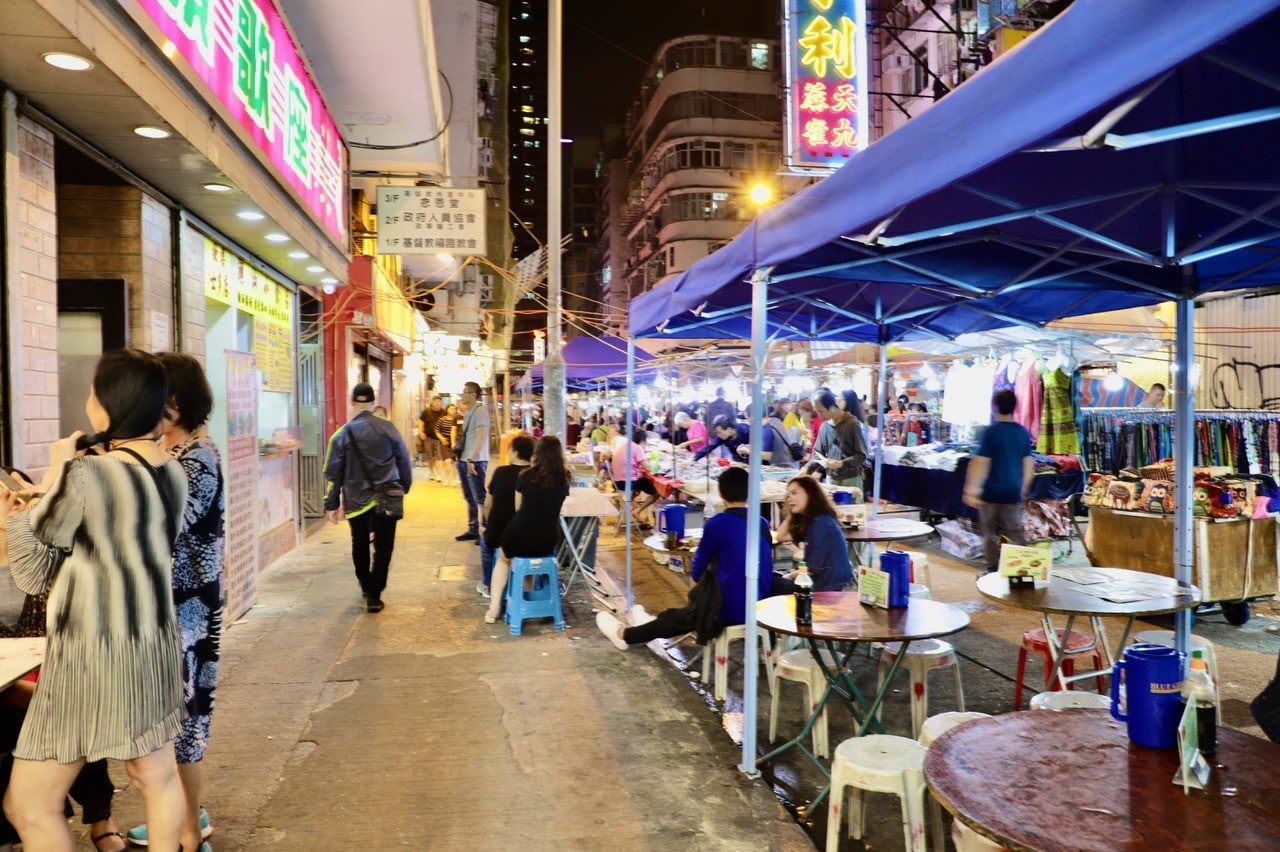The Coalition of Asia Pacific Tobacco Harm Reduction Advocates (CAPHRA) has won an important victory. On June 2, the Hong Kong Legislative Council dropped a bill to ban vaping products. Its Bills Committee on Smoking ended discussions over the plan to ban both e-cigarettes and heated tobacco products (HTPs, also known as “heat-not-burn” devices), as well as other nicotine delivery systems.
“CAPHRA is pleased to see that the impending ban on HTPs in Hong Kong has been abandoned by the government in favour of a pragmatic, science-based approach to tobacco harm reduction,” said Nancy Loucas, executive coordinator of CAPHRA, a regional alliance of harm reductionists and their national organizations.
This is great news for Hong Kong’s smokers, vapers and estimated 13,100 daily users of heat-not-burn products. If the ban had passed, they would have been criminalized and cut off from purchasing safer options. The draconian proposal would have banned the sales, manufacture, importation, distribution, or promotion of vapor and heat-not-burn products, punishing violators with up to six months in jail and thousands of dollars in fines.
A Vaping ban was not enforced on #HongKong because opposition based on scientific studies showed that #ecigs are MUCH less harmful than combustible cigarettes. https://t.co/7cJ63KzAJ3
No to unfounded bans on #Mexico @HLGatell @SSalud_mx @provapeomexic https://t.co/vgrOt3SynY— INNCOorg (@INNCOorg) June 12, 2020
Tobacco harm reduction haters in Hong Kong, a special administrative region of China with a population of 7.5 million, were not happy with the outcome. “We anticipate an increase in the use of heated tobacco products in the future because we have failed to ban [them],” said Dr Fung Ying, head of the Tobacco and Alcohol Control Office.
But if there is an increase in the use of heated tobacco products due to smokers switching to them, that is a good thing, because they dramatically reduce harms from smoking. Fung vowed to introduce another bill to ban safer products in the next legislative session. And unfortunately, the Hong Kong Department of Health still takes the view that e-cigarettes with nicotine are unapproved drugs.
It’s ironic that those who want to ban vapes never propose to ban cigarettes, which are known killers. In Hong Kong, as well as the US and many other countries, cigarette sales produce massive tax revenue that governments get hooked on.
Hong Kong’s daily smoking prevalence is one of the lowest in the world, however. A little over 10 percent of people smoke cigarettes. With an array of vaping and heat-not-burn products available, that number is likely to decrease even further.
The victory in Hong Kong could have a positive influence on countries in the region with much higher rates of smoking and therefore, higher rates of death. A pro-vaping organization in the Philippines, The Vapers Philippines, was among those that applauded Hong Kong’s decision. According to the Global Adult Tobacco Survey, the rate of smoking in the Philippines is almost 24 percent. Every year, more than 117,700 Filipinos are killed by smoking-caused diseases.
Peter Paul Dator a member of The Vapers Philippines said, “The decision of the Bills Committee on Smoking also proves what we have been saying all along—that the most effective way to end smoking is to provide the public with better alternatives in the form of harm reduction products such as e-cigarettes… which according to a Public Health England review are at least 95 percent less harmful to humans than combustible tobacco … The decision of Hong Kong’s Legco should also encourage other Asian countries like the Philippines to look at the merits of [tobacco harm reduction] products as effective tools to quit smoking.”
Photograph of Hong Kong market in 2018 by Helen Redmond.





Show Comments